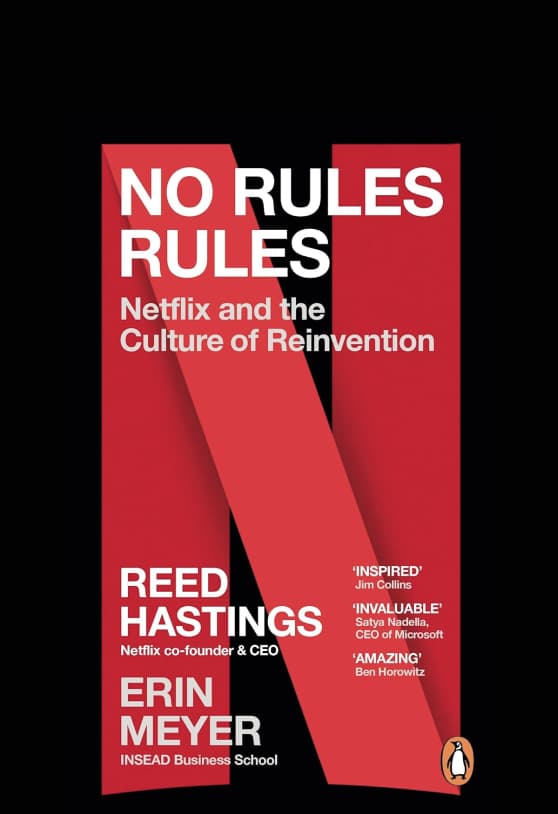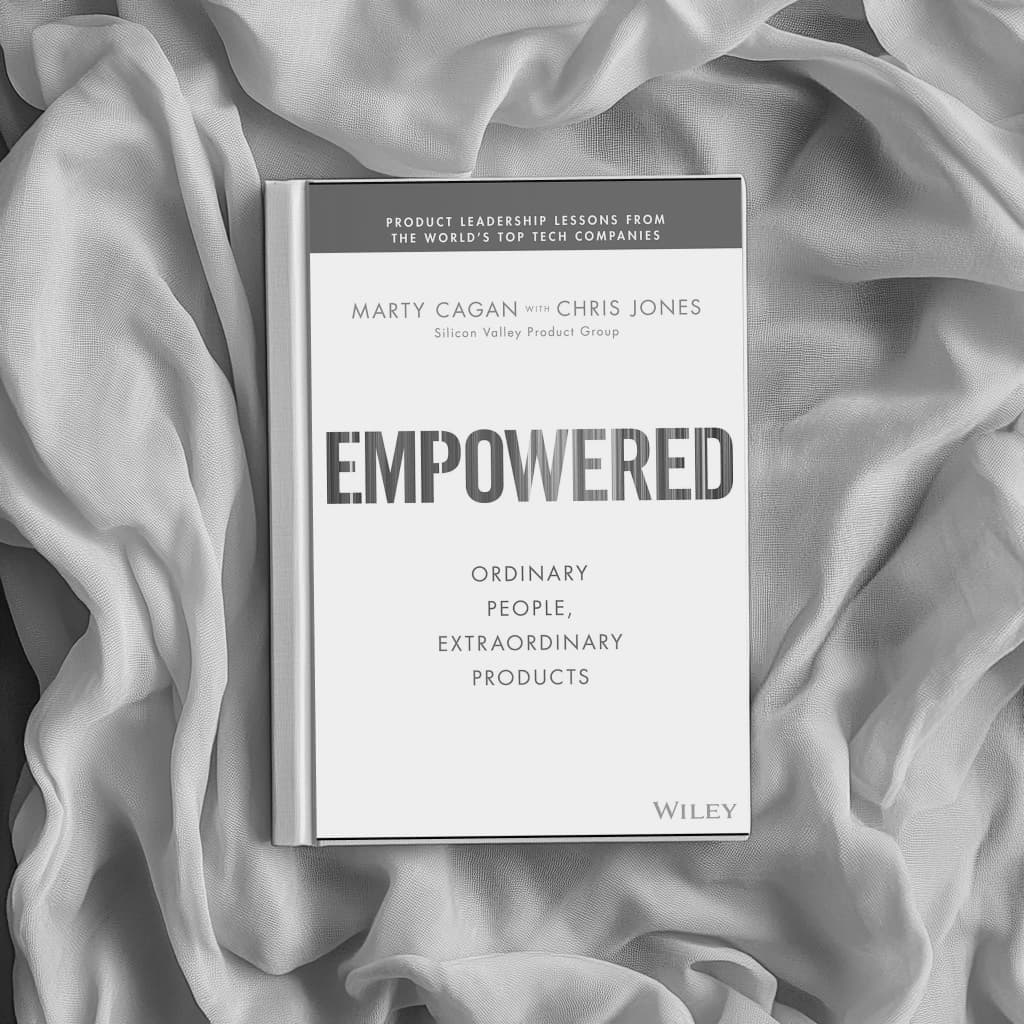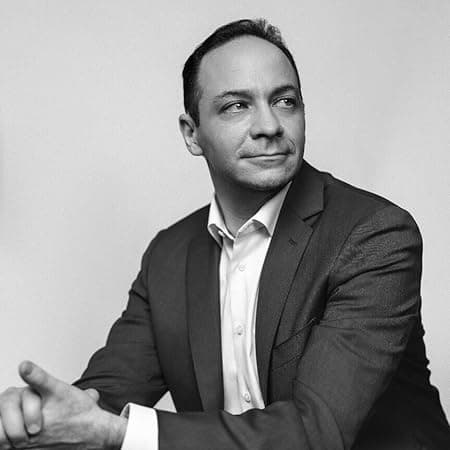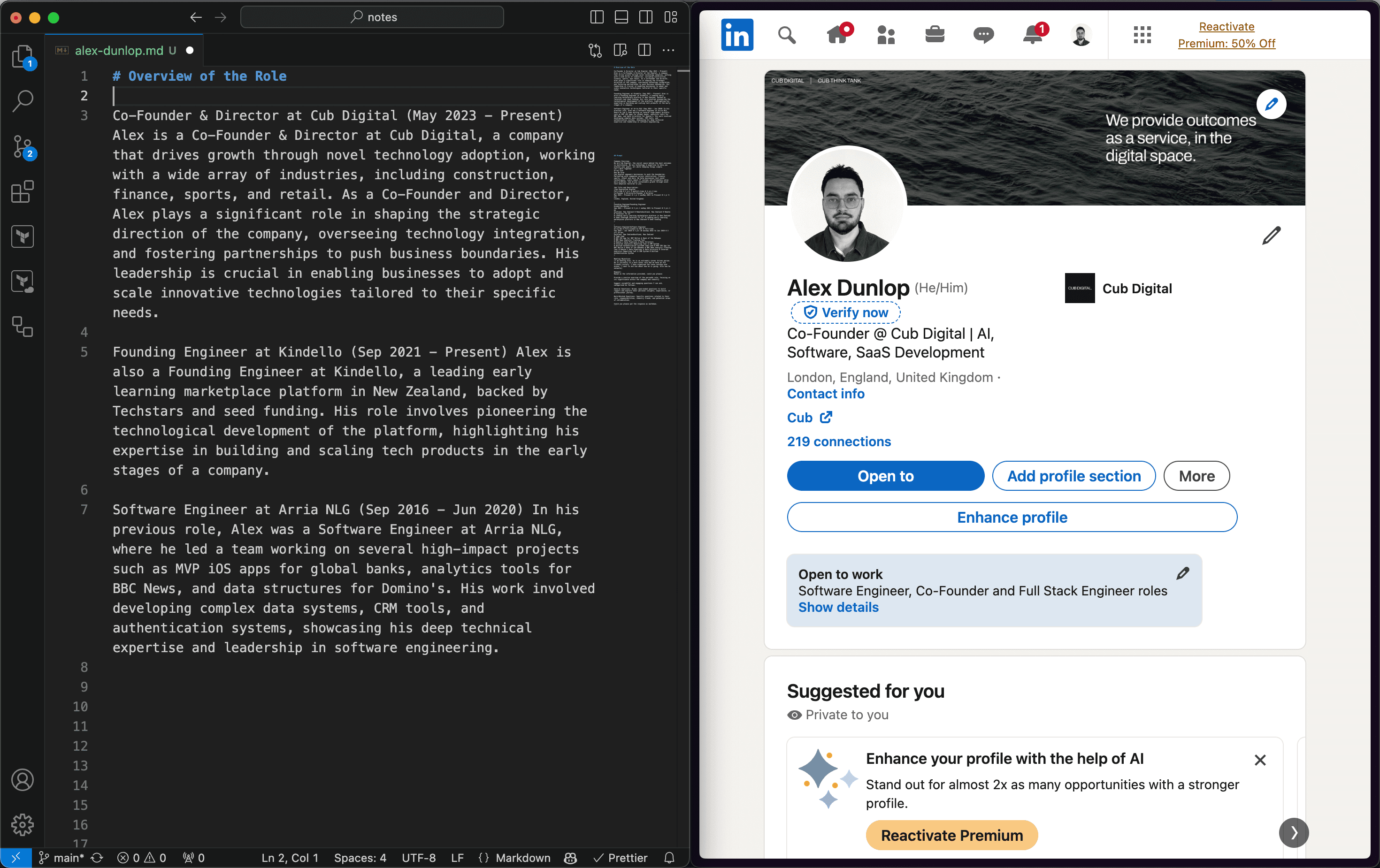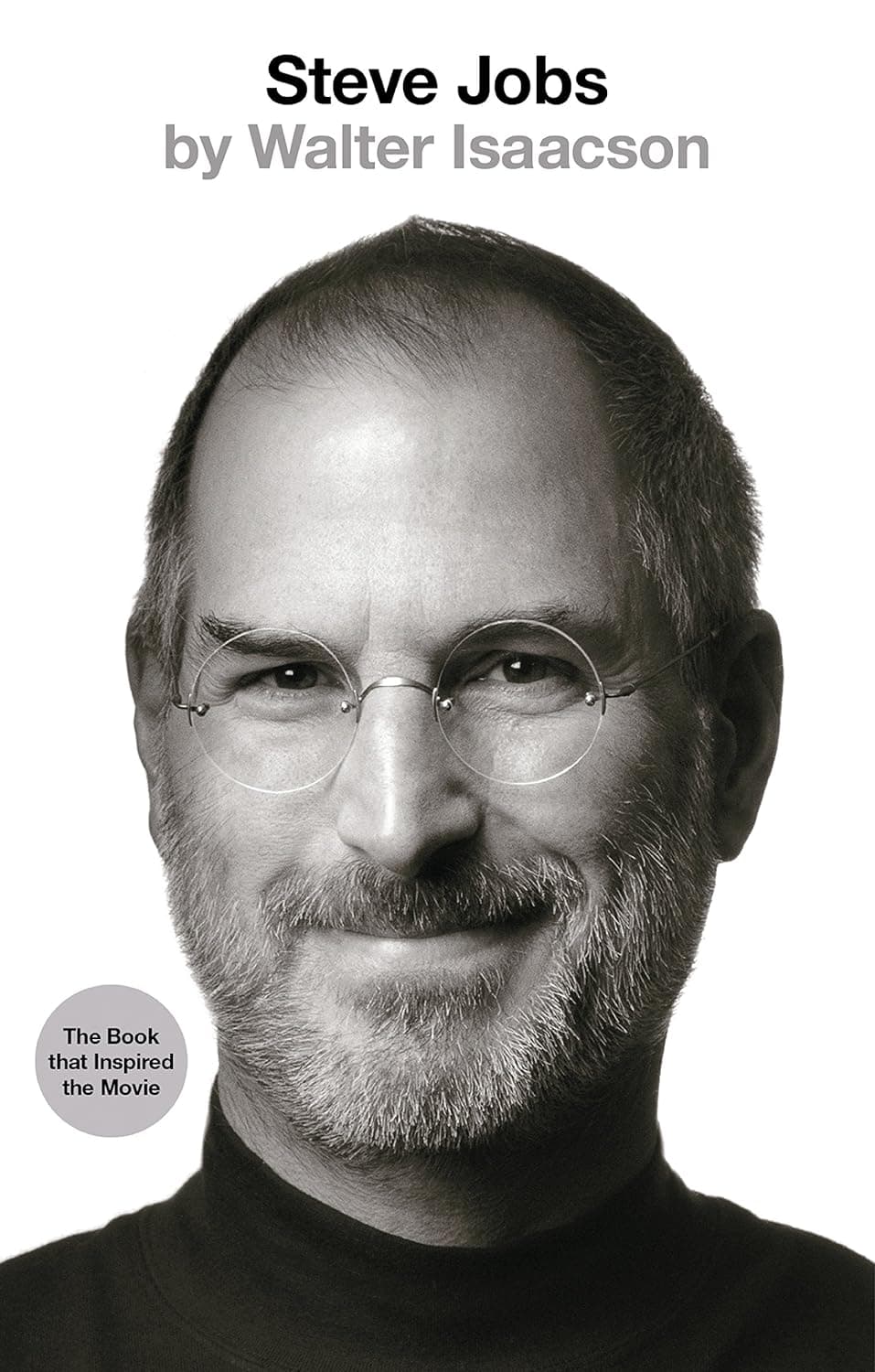What Every CEO Can Learn from GitHub's 100-Day Leadership Challenge

GET THE #1 EMAIL FOR EXECUTIVES
Subscribe to get the weekly email newsletter loved by 1000+ executives. It's FREE!

In the vast landscape of tech companies, GitHub stands as a titan.
For those unfamiliar, GitHub is the world's largest software development platform, a place where over 100 million developers come together to store, manage, and share their code. It's not just a tool; it's the backbone of modern software development.
To put GitHub's scale into perspective, as of 2023, the platform hosts over 330 million repositories and facilitates billions of contributions annually. With a workforce of over 3,000 employees spread across the globe, GitHub's influence on the tech world is immeasurable.
It was into this high-stakes environment that Nat Friedman stepped in 2018, taking the reins as CEO following Microsoft's $7.5 billion acquisition of the company.

Nat Friedman
Nat Friedman is the former CEO of GitHub, known for leading the company through a transformative 100-day challenge focused on customer satisfaction and rapid iteration. He has a background in software engineering and has been instrumental in driving GitHub’s growth and integration with Microsoft.
The tech community watched with bated breath: How would this change affect the platform they relied on daily? Would GitHub maintain its developer-first ethos under the umbrella of a tech giant?
Friedman's first day as CEO would set the tone for his entire tenure and offer a masterclass in operational excellence. Here's how it unfolded:
The Unexpected First Meeting
Picture this: It's 9 AM, and GitHub's leadership team is logging into a Zoom call with their new CEO. They're probably expecting a long-term strategy presentation, complete with PowerPoint slides and grand visions. Instead, Friedman shares his screen and pulls up a GitHub repo.
This wasn't just any repo—it was a goldmine of user-submitted product feedback and feature requests. Friedman's next words would set the tone for his entire tenure:
We're going to pick one thing from this list, and fix it by the end of the day.
The 100-Day Challenge
The leadership team was skeptical at first. Ship something in a day? Impossible! But Friedman was undeterred. They found an achievable task and, true to his word, shipped it that very day.
But Friedman wasn't done. He then dropped another bombshell:
We're going to do this again, every day, for the next 100 days.
The Impact
This audacious challenge accomplished three crucial things:
-
Building Trust with Customers Friedman understood the delicate position GitHub was in after being acquired by Microsoft. He explained:
"We needed to show the world we cared about developers, not that we care about Microsoft. If the first thing we did was add Skype integration, developers would have said 'we're not your priority'."
-
Igniting Internal Excitement GitHub had been hesitant to ship new features. Friedman noted:
"Github was a company that had a little bit of stage fright about shipping, so when we broke that static friction it felt great."
-
Accelerating Leadership Onboarding This challenge gave Friedman invaluable insights into the company's strengths and weaknesses. He quickly identified:
- Standout teams
- Areas with significant technical debt
- The quality and impact of shipped features

Replica of Oval Office at GitHub’s San Francisco Headquarters (Photo Credit: Daniel X. O’Neil on Flickr)
The Bigger Picture
While the 100-day challenge was impressive on its own, it was just the beginning. This foundation of rapid iteration and customer focus set the stage for GitHub's bigger strategies, including becoming a leader in AI.
Lessons in Operational Excellence
Friedman's approach offers several key lessons for leaders in any industry:
-
Start Small, Start Now: Don't wait for the perfect plan. Begin with achievable goals that show immediate progress.
-
Listen to Your Users: Prioritise customer feedback to build trust and loyalty.
-
Break the Inertia: Sometimes, organisations need a shock to the system to overcome "stage fright" and start shipping.
-
Lead by Doing: Friedman didn't just order changes; he actively participated in the process.
-
Use Challenges to Learn: Rapid iteration isn't just about product improvement; it's a fantastic way for new leaders to understand their organisation.
Conclusion
In the end, Friedman and his team shipped 100 things in 100 days. But more importantly, they shipped a new culture of responsiveness, customer focus, and continuous improvement.
For leaders looking to make an impact, remember: sometimes the best strategy isn't a grand plan, but a commitment to solving one problem at a time, every single day.
What small, impactful change could you ship in your organisation today?






